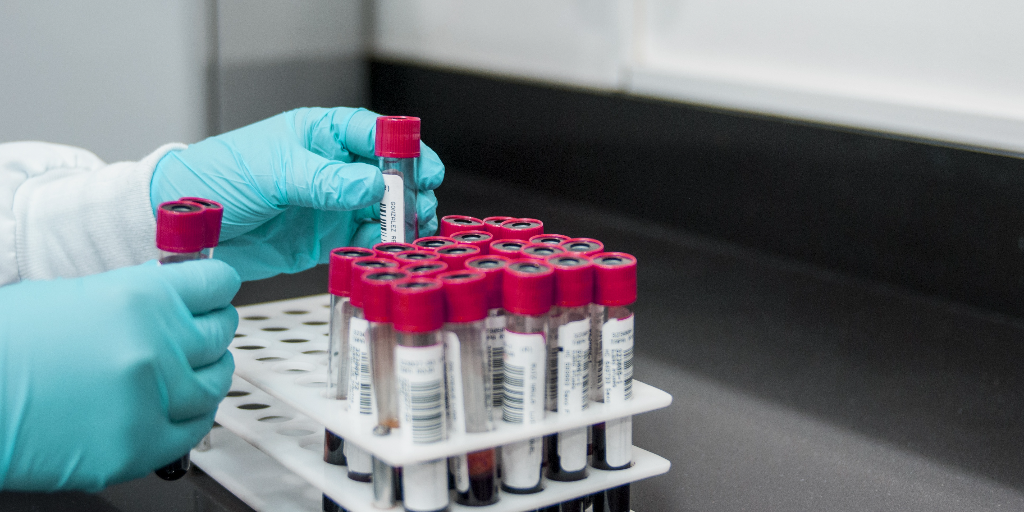Many people know what it’s like to experience “off” days where they feel inexplicably blue or cranky, only to feel better after a good night’s sleep or a nutritious meal. Mental wellbeing can sometimes be affected by physiological factors, and a good way to monitor such correlations could be during annual medical checkups.
To better understand how mental health can be connected to physical health, we talked to psychotherapist and mental health counselor Dina Farid, who holds sessions at Nine Psychology and 07 Therapy, in addition to her individual practice.
Farid holds a Master’s degree in Clinical Mental Health Counseling from Adams State University in Colorado, the United States. She is also certified in the National Board of Certified Counselors in the United States. It is important to note that psychotherapists differ from psychiatrists in that they do not prescribe medication.
Farid uses Cognitive Behavioral Therapy (CBT), Dialectical Behavior Therapy (DBT), Schema Therapy, and Eye Movement Desensitization and Reprocessing (EMDR) to help patients overcome issues related to depression, anxiety, trauma, and personality disorders.
While this is not a required practice or the foundation of her treatment methods, Farid sometimes asks patients to check specific blood tests with their healthcare providers to see whether their symptoms may be further aggravated by underlying physical conditions.
According to Farid, these tests can be useful when a patient is having trouble benefiting from therapy or exhibits certain physical symptoms, such as the heart palpitations one might experience during a panic attack, so it becomes helpful to rule out any possible physiological causes.
“The world in general is moving towards a more holistic approach; food and gut health, minerals, vitamins, and hormones are all important [for one’s mental health],” she says.
She emphasizes that her recommendations for specific blood tests are based on self-education and her experiences as a clinician. She tells her patients to review blood test results with their primary care physician so both parties can work in parallel to support the patient through their health journey.
Thyroid Hormones (FT3, FT4, TSH)
The most common physiological condition Farid finds among her patients is thyroid disease, which is not uncommon in Egypt and the Arab world as a whole. The hormones produced by the thyroid gland can have a varying impact on one’s mental health.
“If these numbers get too low (hypothyroidism), they can cause depression, and if they’re too high (hyperthyroidism), they can cause anxiety. Thyroid hormones can also worsen bipolar disorders,” she says.
Several studies have found a connection between hypothyroidism and Rapid Cycling Bipolar Disorder (RCBD), and in some cases, RCBD patients may even be prescribed thyroid supplements for mood stability. Thyroid conditions are generally more common among women.
Vitamin D, Vitamin B12, and Omega-3
Because of Egypt’s sunny climate and beautiful beaches, many individuals do not feel the need to monitor their vitamin D levels. However, Farid has noticed a large prevalence in vitamin D deficiencies among her patients. Studies show that women are more likely to be affected.
When patients frequently complain of low energy and fatigue, Farid usually recommends checking their vitamin D, vitamin B12, and Omega-3 levels. She notes that vitamin D can indirectly affect serotonin levels and deficiencies can not only cause fatigue and low energy, but also brain fog and depression.

Similarly, vitamin B12 deficiencies can also affect energy levels and impact one’s ability to concentrate. The Harvard Health blog states that it most commonly affects the elderly, vegetarians, and individuals who have undergone weight-loss surgery.
The body can’t make vitamin B12, so it is usually obtained through supplements or food. Foods rich in both vitamin D and B12 include meat, fish, and eggs.
Omega-3, which can be found in fish, dairy, and nuts, can also be a culprit of brain fog. Several studies praise the effects of omega-3 supplements as an “add-on” when treating depression.
Magnesium
Farid adds that a magnesium blood test is also important when monitoring one’s mental health. A 2018 study concluded that magnesium deficiencies – while common – are often underdiagnosed. Other studies have shown that it can be significantly helpful when treating depression. Leafy greens, nuts, and whole grains are all foods that are rich in magnesium.
The Bottom Line
Put simply, Farid encourages her patients to commit to leading a healthier lifestyle alongside their therapy; not just for their physical wellbeing, but for their mental wellbeing as well. “I just tell them to include these tests in their regular checkup. Mental health comes from good health, after all,” she said.
Disclaimer: This article is not intended to provide medical advice; it merely suggests that physical health can sometimes have an impact on mental health. Any supplements should be taken under the supervision of a healthcare professional.







Comments (3)
[…] Source link […]
[…] Can blood tests indicate mental health? Get Your Beat: 4 Music Events To Be Held In Cairo This Week […]